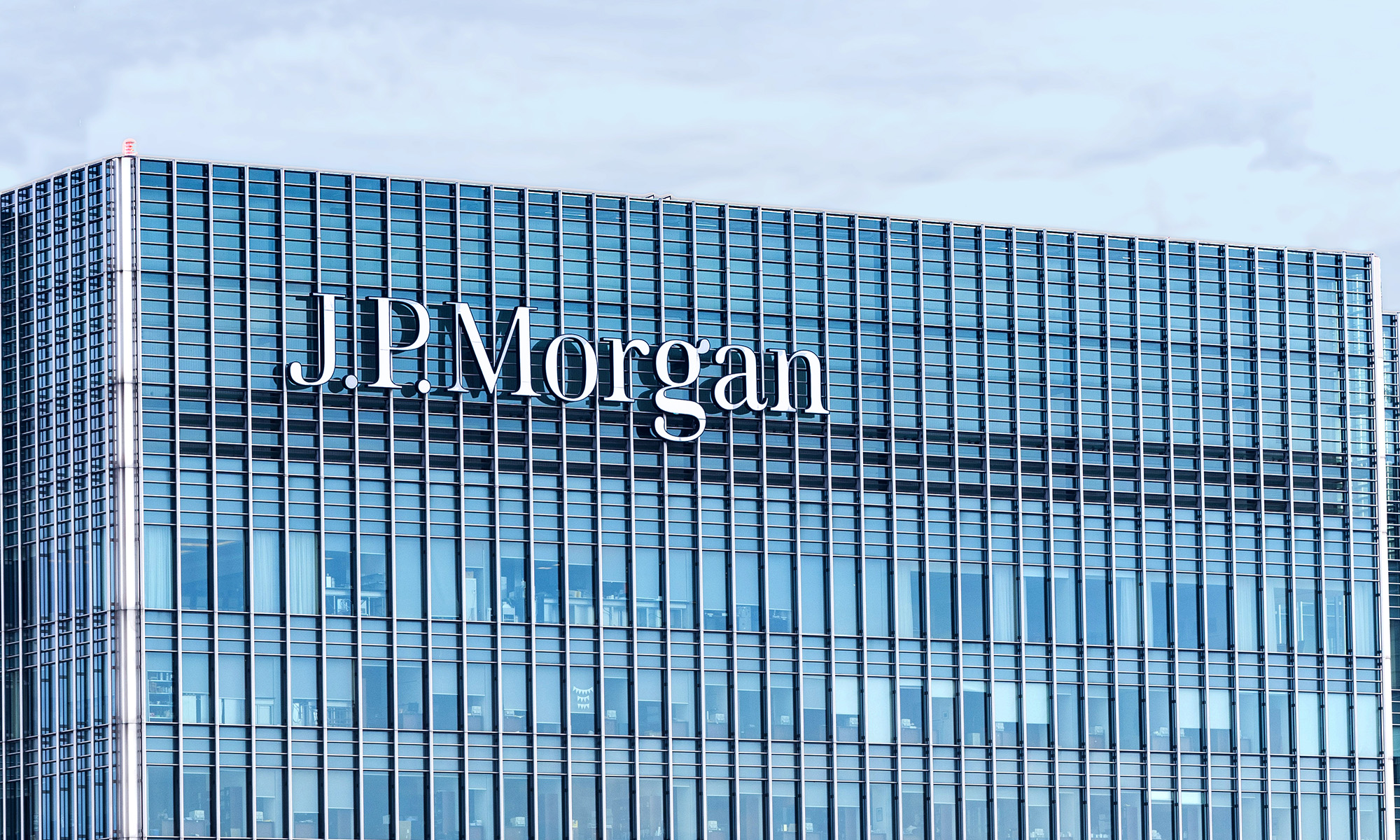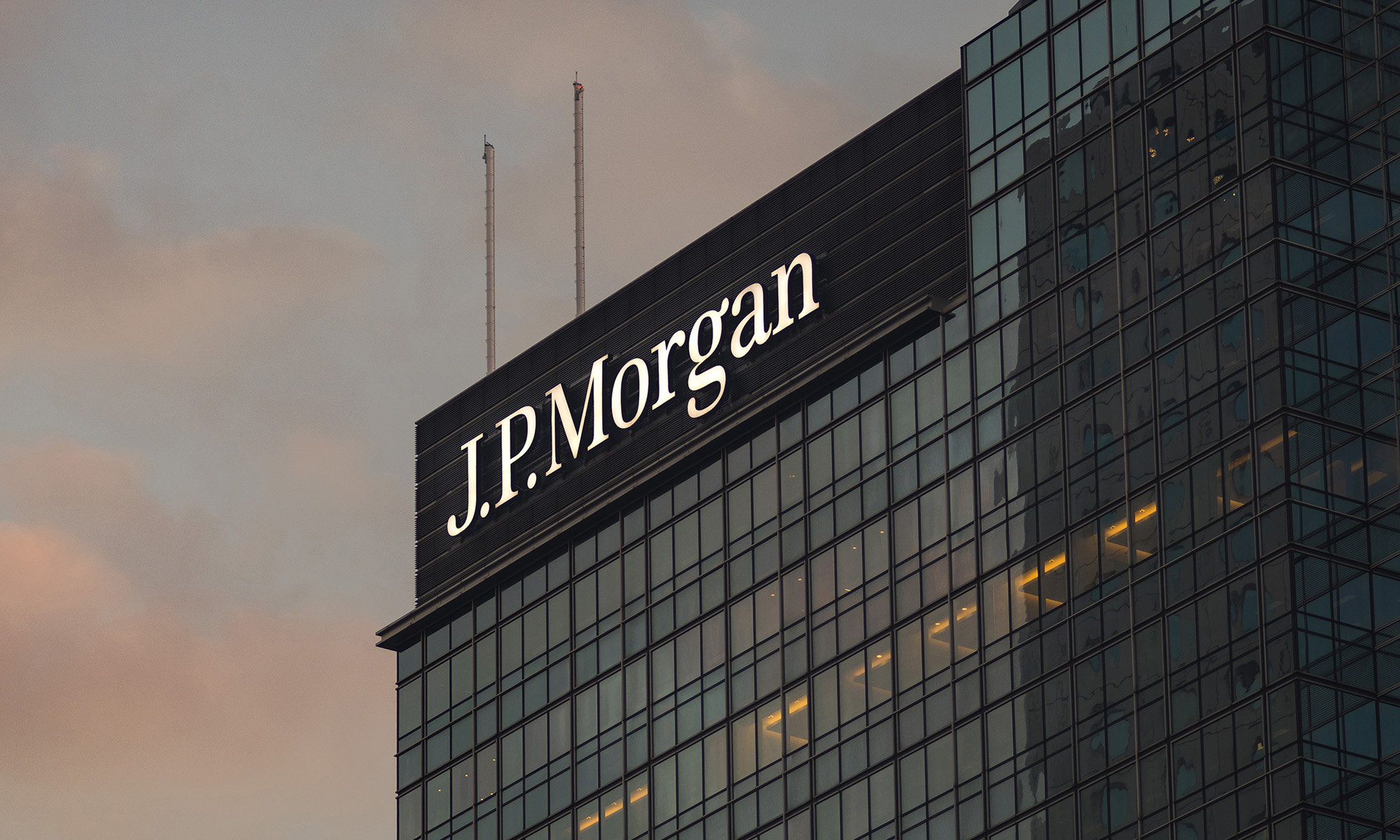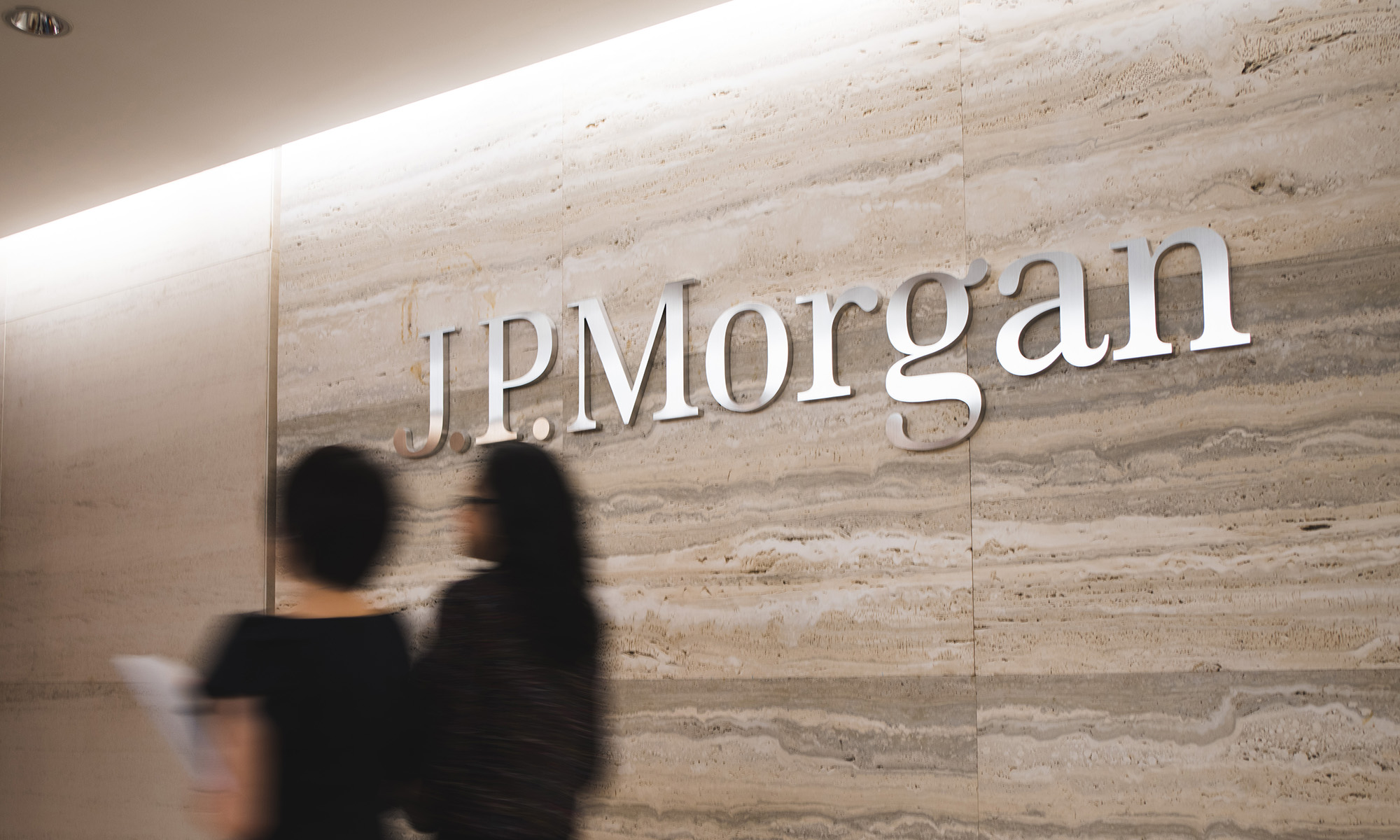With 2023 and 2024 in the rearview mirror, the market has now had two consecutive years of monster performances. A resilient economic backdrop, inflationary pressures that have gotten under control, and a new presidential administration are key factors leading to ongoing optimism among the investment community.
There's one dominant financial services entity that has gained during the process. In the past 28 months, this top bank stock has soared 152% (as of Jan. 28), outperforming both the S&P 500 and Nasdaq Composite Index.
After such a rapid gain, is buying the business today a surefire way to supercharge your portfolio?
Strong fundamentals
While a favorable market environment can drive up a stock, a sustained outperformance over the stock market almost always requires the underlying business to exhibit strong fundamentals. And that is precisely what we've seen at JPMorgan Chase (JPM +2.26%), the massive Jamie Dimon-led financial services corporation.
Last year was another impressive showing from the business. Net revenue was up 12% in 2024, driven by notable gains in commercial and investment banking, as well as in asset and wealth management. Moreover, the company saw loan and deposit growth of 2% between 2023 and 2024.
Net income in the just-ended fourth quarter soared 50% higher on a year-over-year basis thanks to a 7% decline in non-interest expense. Both the top- and bottom-line figures crushed Wall Street analyst estimates in Q4.
Dimon unsurprisingly remains optimistic about the economy given his company's momentum, saying, "Unemployment remains relatively low, and consumer spending stayed healthy." But he called out the chance that inflation stays higher for longer. What's more, geopolitical tension is also on top of his mind.

NYSE: JPM
Key Data Points
Competitive advantages
Despite the intensely competitive nature of the banking industry, JPMorgan possesses some key competitive strengths that rivals can't easily replicate. First, with $4 trillion in assets (as of Dec. 31) and $178 billion in 2024 revenue, the company's scale is unmatched. This affords the bank a major advantage when it comes to brand recognition, and that helps fuel more deposits and customer growth for those who trust JPMorgan with their money. In short, it's a virtuous cycle.
Additionally, large scale means the company offers a comprehensive suite of products and services to diverse customer groups, ranging from individual consumers to the largest multinational conglomerates. There is ample opportunity to cross-sell and up-sell, which can not only help retain customers and keep them from going to rivals but also boost revenue potential. A network effect of sorts.
JPMorgan's money-center bank rivals, Bank of America, Wells Fargo, and Citigroup, all likely benefit from the same competitive strengths. But JPMorgan's better earnings-per-share growth over the past five years proves it sits above the rest of the industry.
Higher expectations
With JPMorgan Chase shares now trading at all-time highs, the market has clearly become extremely optimistic about the business. Strong fundamental performance and durable competitive strengths will certainly contribute to that positive outlook.
This is a high-quality bank. I don't believe most people would argue with that statement. However, JPMorgan does not look like it can supercharge your portfolio.
As of this writing, shares trade at a price-to-book (P/B) ratio of 2.3, which is the highest valuation in about 20 years. This valuation metric is up 88% in the past 28 months, a rise that partly explains the stock's impressive performance. The P/B multiple represents a 87% premium to the average of the three other U.S. money-center banks.
I think shares provide little to no margin of safety. So, it's best to keep JPMorgan stock on your watch list, continue to follow it, and wait until there's a more compelling valuation to buy.





